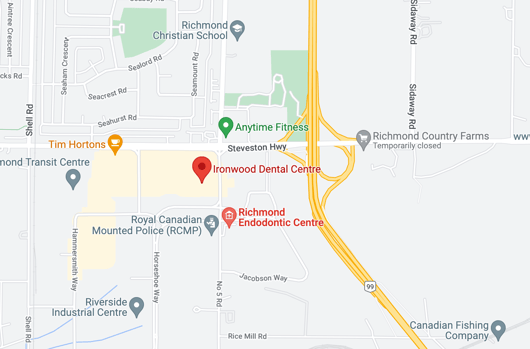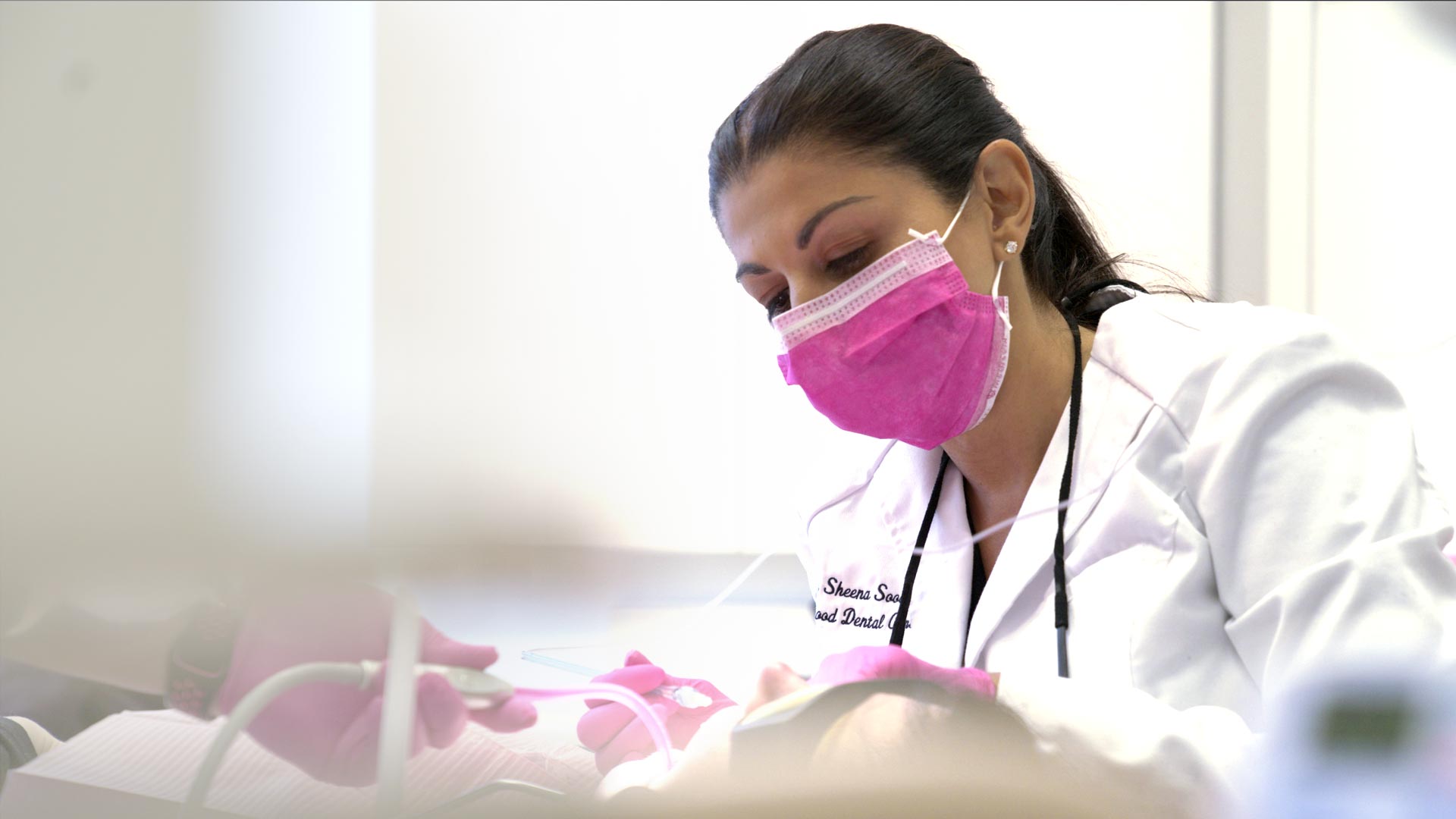
-
We Help You Create a
Beautiful & Healthy Smile
Our mission is to provide patients with exceptional dental care in a professional and calm environment...

Digital Smile Design




Information For New Patients

Contact Us
- Address:
8000-11688 Steveston Hwy, Richmond, BC V7A 1N6 - Email:
info@ironwooddental.com - Phone:
+1 604-277-7663
Opening hours:
- Monday 8 am - 6 pm
- Tuesday 8 am - 6 pm
- Wednesday 8 am - 6 pm
- Thursday 8 am - 6 pm
- Friday 8 am - 5 pm
- Saturday 9 am - 4 pm








